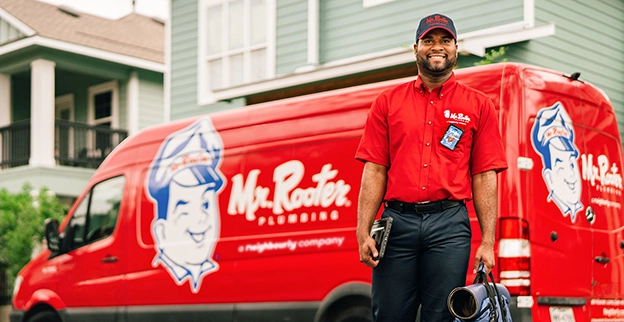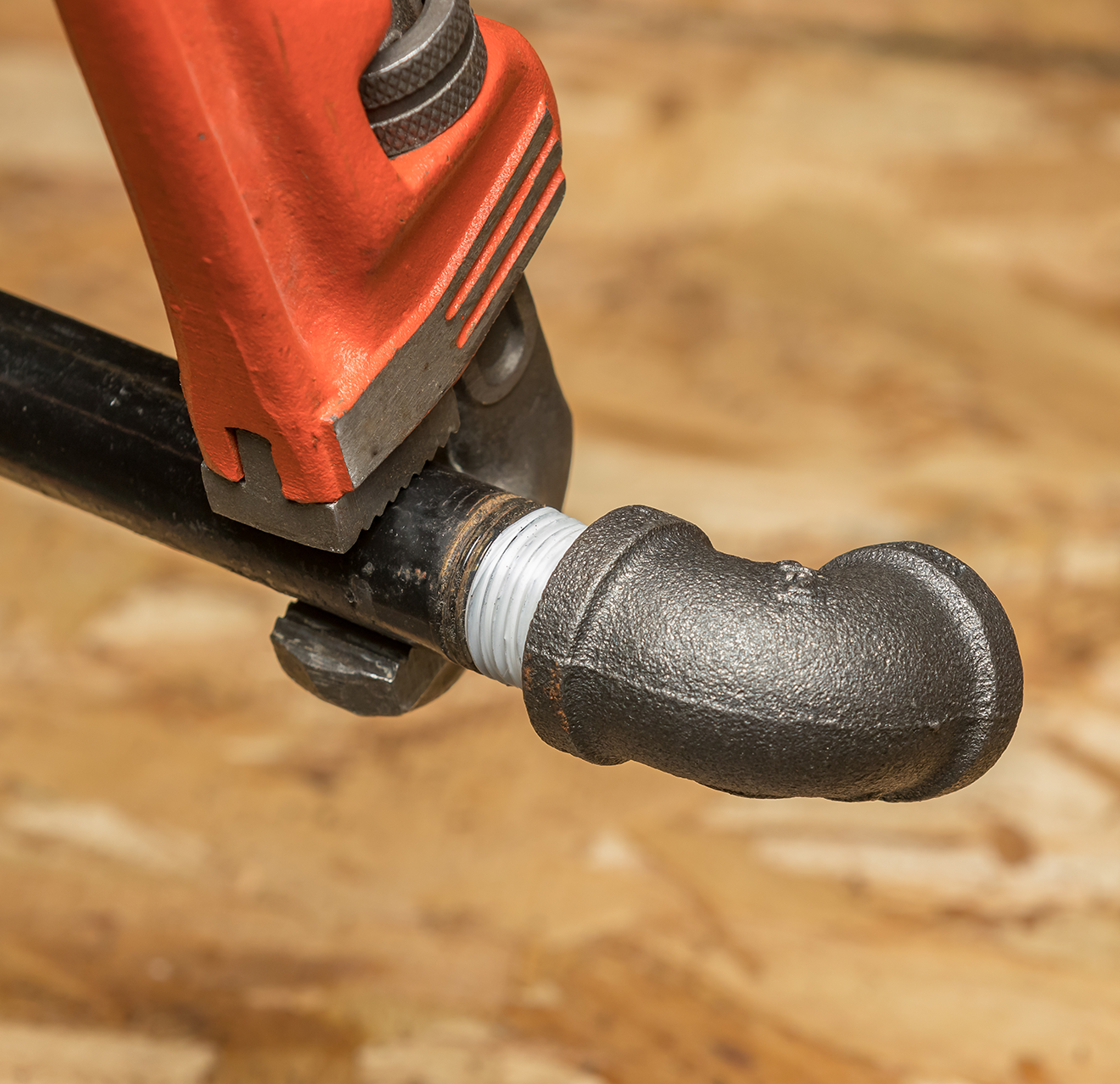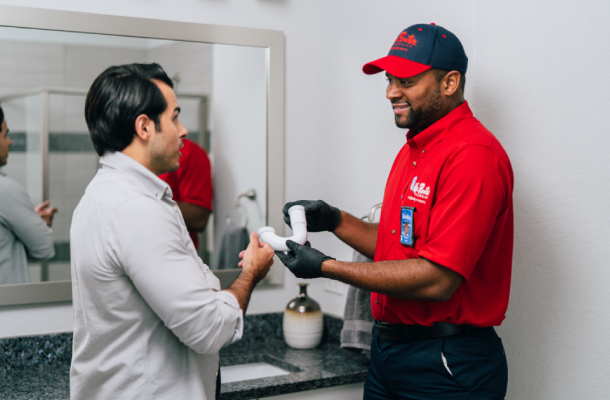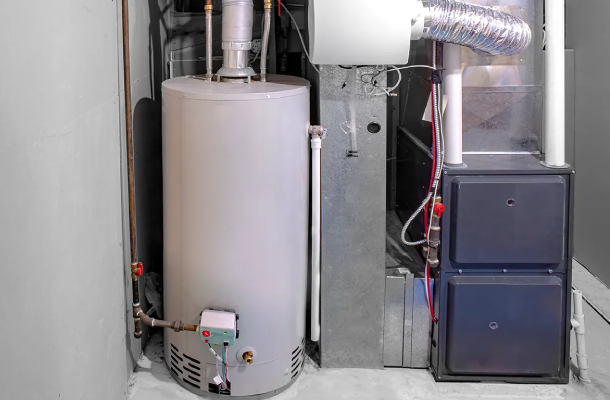When natural gas lines in your home have an issue, it’s usually in the form of a leak. Unfortunately, this isn’t something that you can take your time with—you will need to hire a professional immediately. Here are some of the most typical gas leak symptoms to be aware of and alert for in your home.
Sealing Materials
As the age of your line, Edmonton gas line repair may become a frequent nuisance unless you opt for a replacement. The pipes themselves generally remain quite robust; however, the joints between lengths of pipes can start to leak over time. This has a number of undesirable effects, but only one that really matters: a natural gas leak. Natural gas is flammable and explosive, so it's important to inspect gas lines for any signs of cracks or holes—or even just places that look like they are deteriorating and may crack in the near future. But usually, you won't notice issues visually. Normally, leaks are detected by the smell of natural gas.
Hissing Noises
Sometimes those tiny cracks or holes can be really difficult—or nearly impossible—to spot just by looking at the line. But, there is an audible clue that facilitates the investigation: hissing noises from appliances or the line itself. If you hear hissing that sounds like air escaping from a very small hole, that’s a big sign your system needs leak repair services. You should shut off the valve immediately and call your licensed professionals for repair services.
Rotten Egg Smell
The scent of sulfur or rotten eggs is another sign that something is wrong, though that smell does not always indicate gas line issues. If you smell a sulfur odor but don't hear hissing or see any cracks, open windows and check all your major appliances from the basement floor up. For example, the oven or stove could have accidentally been left on after cooking. If that’s all it is, shut off the appliance and let the house air out a bit. But, if you can't find anything unusual happening with your appliances and the smell persists, shut off your gas valve right away and call your licensed technicians.
Our natural gas is odorized with a chemical called mercaptan to make it easier to detect because natural gas is odorless without it. Mercaptan smells like rotten eggs and is hard to miss because we aren't used to that smell being around.
Rust or Corrosion
Gas lines are often made of metal piping, and while metal is incredibly durable and long-lasting, it does suffer from rust and other types of corrosion over time. Rust eats away at the metal, thinning it to the point where it eventually creates a leak, and you need repairs. The rate of corrosion is directly tied to the environment the pipes are in. If they are moist, they'll corrode much faster than if they are dry. If you notice signs of rust and corrosion on your gas piping, it's best to get it checked out sooner rather than later—before it causes a major issue.
Malfunctioning Appliances
Is your hot water heater suddenly struggling to produce hot water, you can't seem to get your stove up to the correct temperature, or your heating and cooling system isn't performing well? It could be that a leak is preventing your gas-operated appliances from getting sufficient fuel to function properly and at full power, or maybe the size of the gas line is inadequate. Of course, it could also be that the appliance itself is malfunctioning because of a reason unrelated to fuel supply. But if you notice problems with multiple gas-fueled appliances, such as fireplaces, that are not working very well, then you may need an appointment for Edmonton gas line repairs.










